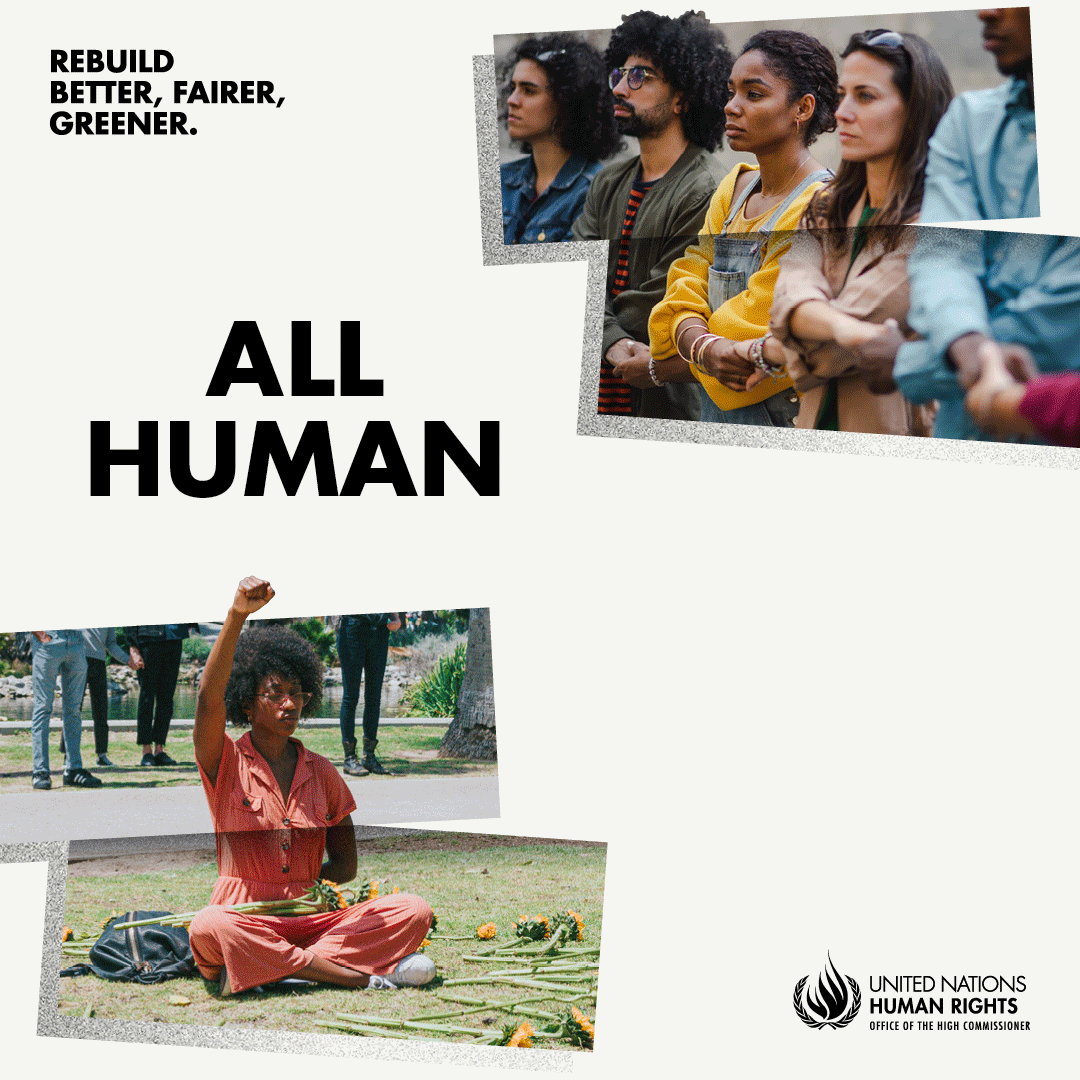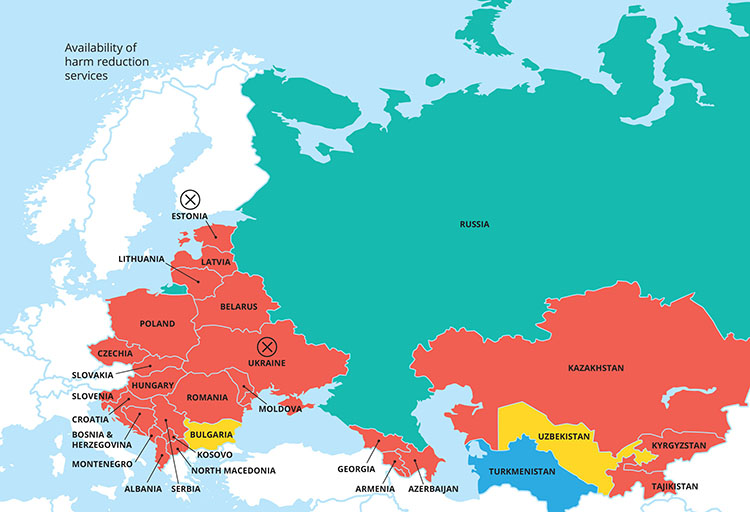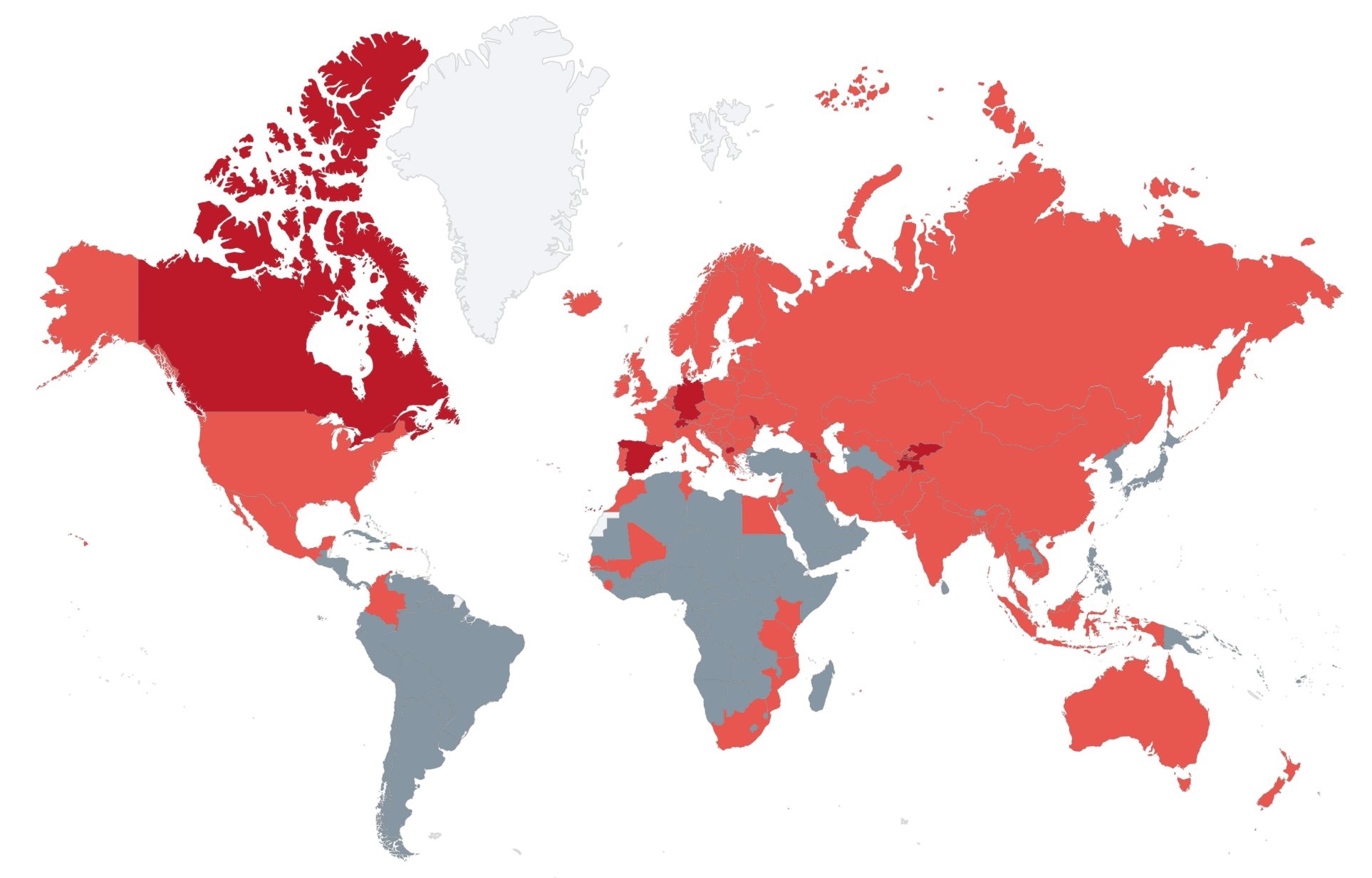The Drug Policy Network South Wast Europe hosted a webinar to present the recently published data related to harm reduction and HIV/AIDS in South East Europe on 26 November 2024. Besides presenting the data, it was an opportunity to discuss ways in which data should be more reliable and how to integrate data collected by civil society organisations in govrenmental reporting.
Following the welcome address by Nebojša Đurasović, DPNSEE President, we had excellent presentations:
- Global State of Harm Reduction report – presented by Colleen Daniels, Deputy Director and Public Health Lead, Harm Reduction International (2024 available here>>>)
- Harm Reduction in South East Europe – Marios Atzemis, DPNSEE Board member (available here>>>)
- Civil Society Monitoring of Harm Reduction in Europe – Iga Jeziorska, Senior Research Officer, Correlation – European Harm Reduction Network (available here>>>)
- HIV/AIDS surveillance data for South East Europe (data from the European Centre for Disease Prevention and Control – ECDC) – Milutin Milošević, Executive Director, DPNSEE (available here>>>)
In addition, DPNSEE had sent data by countries and territories to its member organisations and governmental institutions. You can also download them here:
Albania Bosnia and Herzegovina Bulgaria Croatia Greece Kosovo*
Montenegro North Macedonia Romania Serbia Slovenia Turkey
DPNSEE informed that the European Centre for Disease Prevention and Control – ECDC will publish the HIV/AIDS surveillance in Europe 2024 (2023 data) report on 28 November at https://www.ecdc.europa.eu/. DPNSEE will process the new data and prepare new visuals in early 2025.



 Over 11 million people are imprisoned worldwide today, the highest number ever recorded. One in five people in prison worldwide is held for drug offences, and 90% of people who inject drugs will be incarcerated at some point in their life. People in prison are at greater risk of HIV, hepatitis C, tuberculosis and COVID-19. When they are released from prison, their risk of overdose increases by up to 69-times.
Over 11 million people are imprisoned worldwide today, the highest number ever recorded. One in five people in prison worldwide is held for drug offences, and 90% of people who inject drugs will be incarcerated at some point in their life. People in prison are at greater risk of HIV, hepatitis C, tuberculosis and COVID-19. When they are released from prison, their risk of overdose increases by up to 69-times.



 The Harm Reduction International published a new resource for harm reduction advocates. This guide provides civil society and communities representatives with an introduction to budget advocacy and some tools and strategies to support advocacy for sustainable harm reduction funding.
The Harm Reduction International published a new resource for harm reduction advocates. This guide provides civil society and communities representatives with an introduction to budget advocacy and some tools and strategies to support advocacy for sustainable harm reduction funding.





 Naomi Burke-Shyne, Executive Director of Harm Reduction International (HRI), said: ‘The evidence for harm reduction is indisputable. It is nothing short of disgraceful that governments continue to fail to support and invest in health services for some of the most marginalised people’.
Naomi Burke-Shyne, Executive Director of Harm Reduction International (HRI), said: ‘The evidence for harm reduction is indisputable. It is nothing short of disgraceful that governments continue to fail to support and invest in health services for some of the most marginalised people’. Ann Fordham, Executive Director of the International Drug Policy Consortium (IDPC), stated: ‘just over ten years left for countries to meet their global commitment to champion health, reduce inequalities, and provide access to justice for all, as enshrined in the UN’s Sustainable Development Goals, there has never been a more urgent need to strengthen political leadership at all levels. Faced with the current crisis, complacency can no longer be tolerated’.
Ann Fordham, Executive Director of the International Drug Policy Consortium (IDPC), stated: ‘just over ten years left for countries to meet their global commitment to champion health, reduce inequalities, and provide access to justice for all, as enshrined in the UN’s Sustainable Development Goals, there has never been a more urgent need to strengthen political leadership at all levels. Faced with the current crisis, complacency can no longer be tolerated’.


 The programme of the Conference is available
The programme of the Conference is available 
